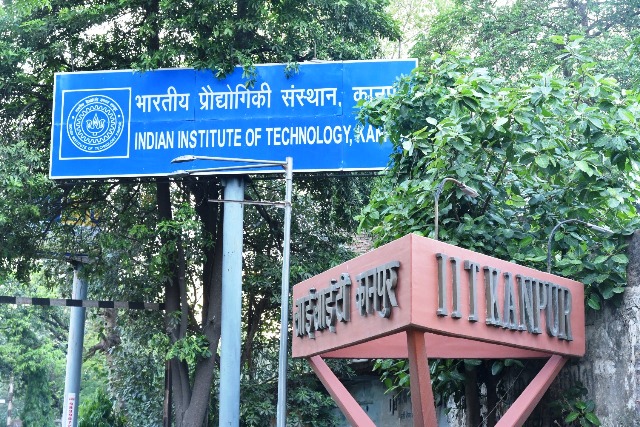Kanpur, 14 July: Union Minister for Education, Skill Development, and Entrepreneurship Dharmendra Pradhan will lay the foundation stone for the Gangwal School of Medical Sciences and Technology and the Yadupati Singhania Super Specialty Hospital on the Kanpur campus of the Indian Institute of Technology (IIT).
K Radhakrishnan, chairman of the Board of Governors of IIT Kanpur, will preside over the event on July 16. With its inherent strength in engineering, science, and humanities fields, IIT Kanpur has undertaken the ambitious undertaking of establishing one-of-a- kind medical school on its campus. The institution has been renamed ‘The Gangwal School of Medical Sciences and Technology’ to honor a prominent alumni, Rakesh Gangwal, co-founder of Indigo Airlines.
The Medical School will house a 450-bed Yadupati Singhania Super Specialty Hospital, a 50-bed Center for Cancer Care and Research, an Academic Block, residential blocks, and many centers of excellence (CoE) for research and development in futuristic medicine.
JK Cements Ltd is providing CSR support for the construction of the Super Specialty Hospital. CSR donations from IBM India Pvt Ltd and the REC Foundation are being used to construct the Academic and Residential buildings for resident doctors.
Prof Abhay Karandikar, Director of IIT Kanpur, stated, “We are tremendously thrilled that this ambitious initiative of building a medical school on the IIT Kanpur campus has reached the level where we are laying the foundation stone. The Gangwal School of Medical Sciences and Technology and the Yadupati Singhania Super Specialty Hospital are intended to provide technical solutions to fulfill the country’s medical needs, as well as to apply technology in health care delivery. We are excited to welcome the distinguished guests to campus.”
Prof. Subramaniam Ganesh, deputy director of IIT Kanpur and chief of the task force constituted for developing the GSMST, stated, “This is a big occasion that we are looking forward to. This Medical School seeks to teach and foster next-generation medical professionals for the country, as part of a paradigm change in the country’s approach to medical research and innovation.”





